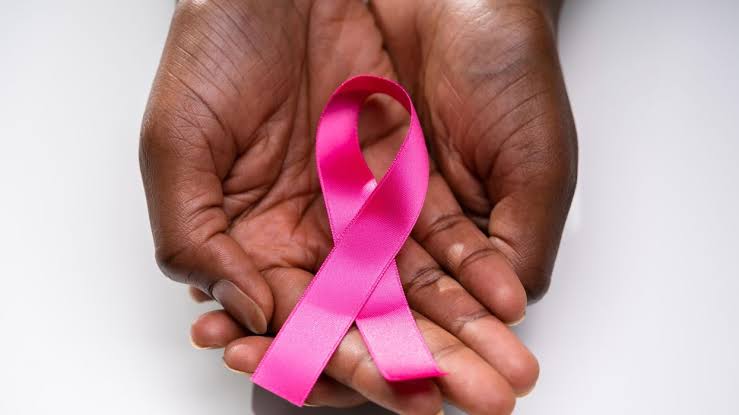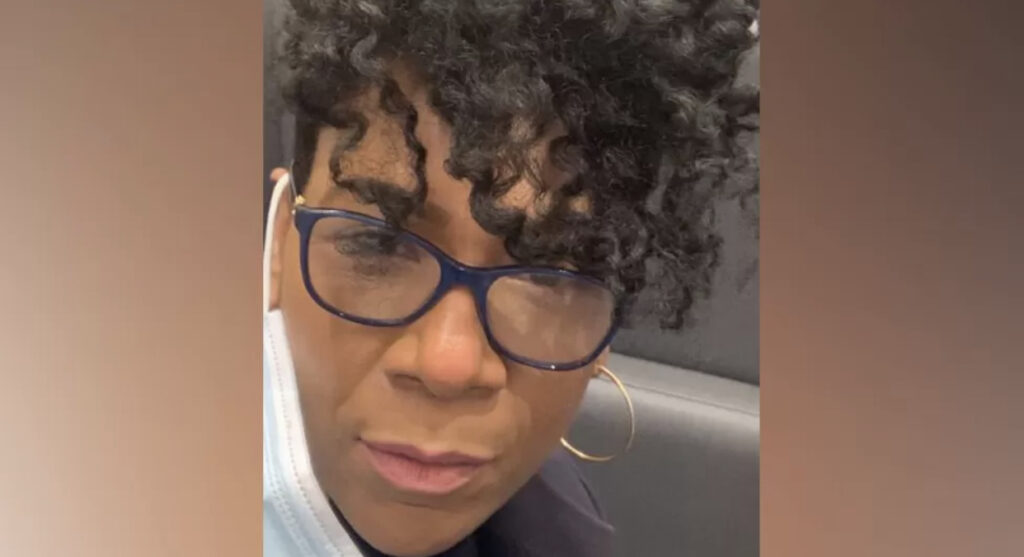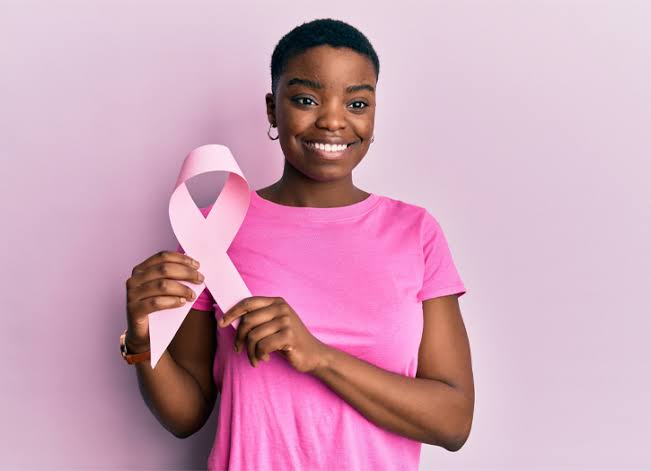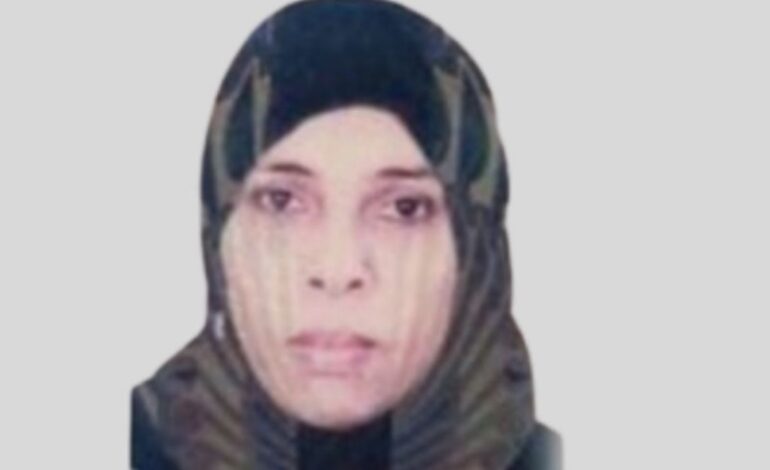
Faith Nyasuguta
US-based researchers have found a genetic link between people with African ancestry and an aggressive type of breast cancer.
They hope their findings will motivate more black people to get involved in clinical trials in efforts to boost survival rates for people with the disease.
“I never thought I had anything to worry about,” says Laverne Fauntleroy, a 53-year-old African American from New York.
Laverne led a healthy lifestyle.
She ate well and exercised regularly but in January, not long before her birthday, she received a diagnosis that left her feeling confused and afraid.
“They just told me I had breast cancer,” she says.
“Most people that I know that had cancer didn’t survive so, of course, I was devastated and very scared.”

Laverne found out that she had triple-negative breast cancer (TNBC).
Medical doctors indicate that It is a less common type of the disease but grows quickly, is more likely to spread, more likely to return and has the worst survival outcome of all breast cancers.
Since it lacks three types of receptors found in other forms of breast cancer, drugs which work for them have no impact on TNBC.
It is more common in women under 40 years and disproportionately affects black women.
A study published in the journal JAMA Oncology found that black women diagnosed with TNBC are 28% more likely to die from it than white women with the same diagnosis.
Now a fresh study has confirmed a definitive genetic link between African ancestry and TNBC.
HOW TO CHECK YOUR BREASTS

- Relax – know what’s normal for you and check your breasts once a month.
- The best time to check is in the shower with soapy hands.
- Take a good look in the mirror beforehand and look for any obvious lumps, skin changes, nipple changes or discharge.
- Remember to check your armpits.
- Be aware that young women especially can have lumpy breasts which are entirely normal.
- Breasts can change depending on menstrual cycle but if a lump persists for more than one cycle, see your GP.
- Know your family history. There will be a stronger suspicion if there are many cases of breast or ovarian cancer in the family (both mother’s and father’s sides).

Dr Lisa Newman, of Weill Cornell Medicine, has participated in an international project studying breast cancer in women in different regions of Africa for 20 years.
Her work has revealed that TNBC is particularly common in women from countries in western sub-Saharan Africa, such as Ghana.
She notes that the reason might be that the genetics of women from this area have been shaped over generations by battling deadly infectious diseases such as malaria.
“Studying triple negative breast cancer in women with different ancestral backgrounds, we are learning that some of the genetic markers which were related to developing resistance to different infectious agents have downstream effects on the inflammatory landscape of different organs, such as the breast,” Dr Newman says.




